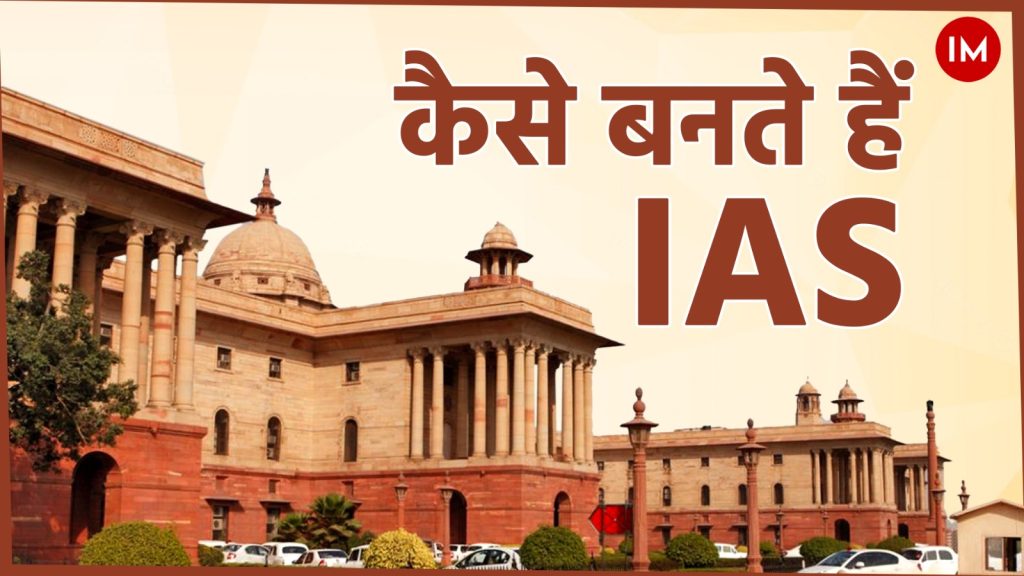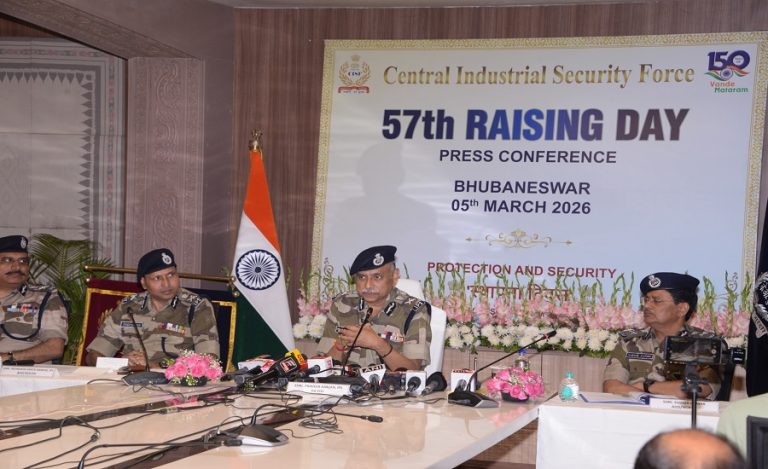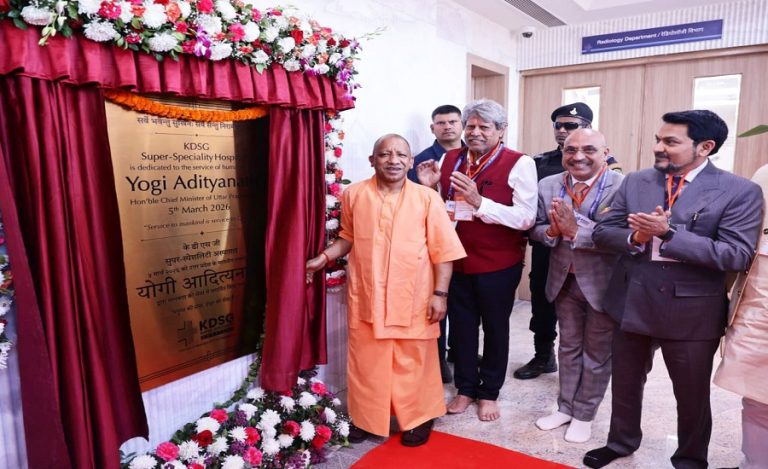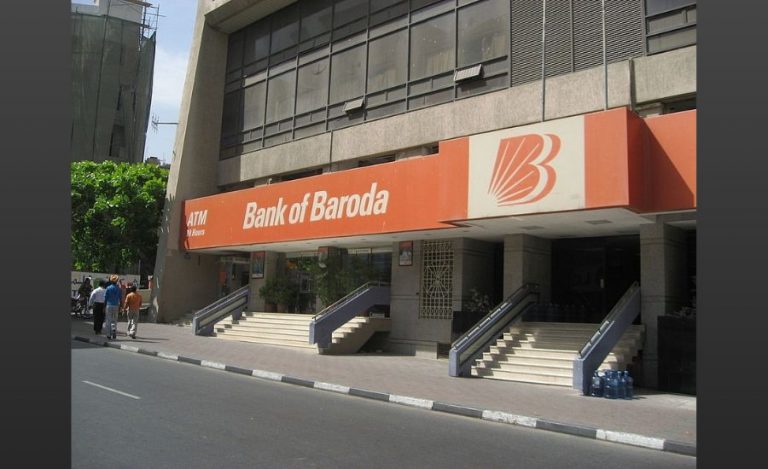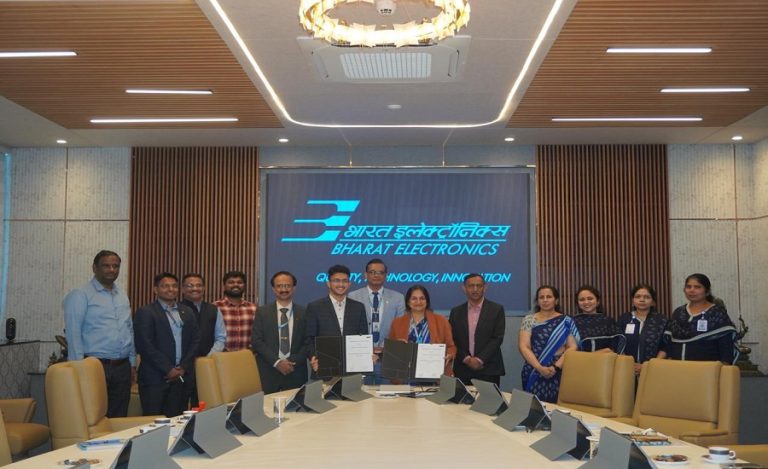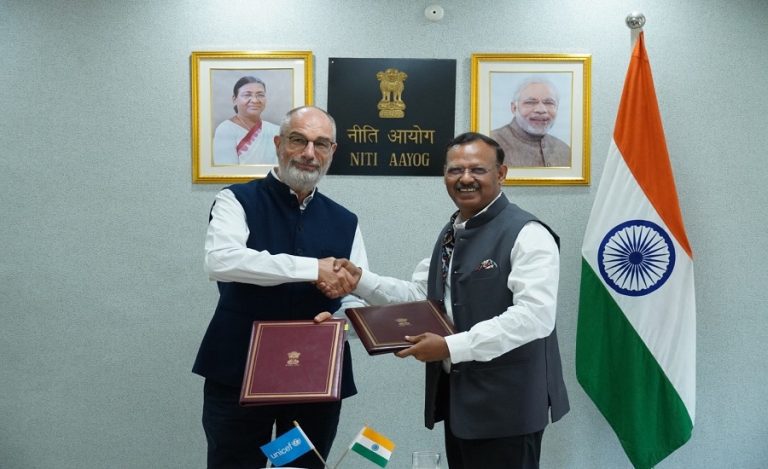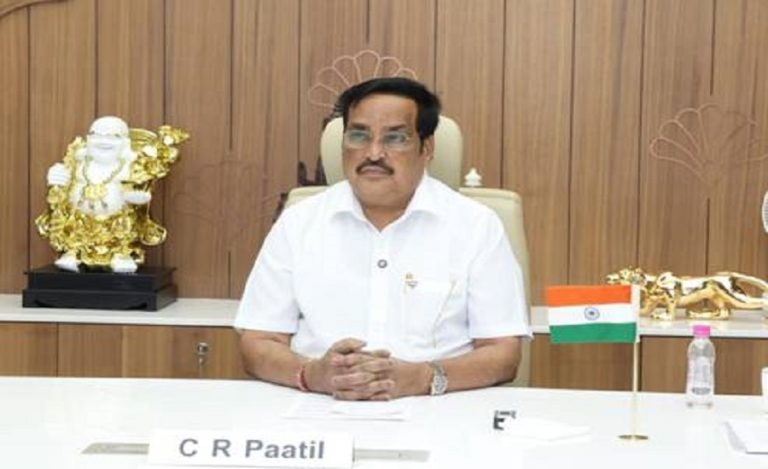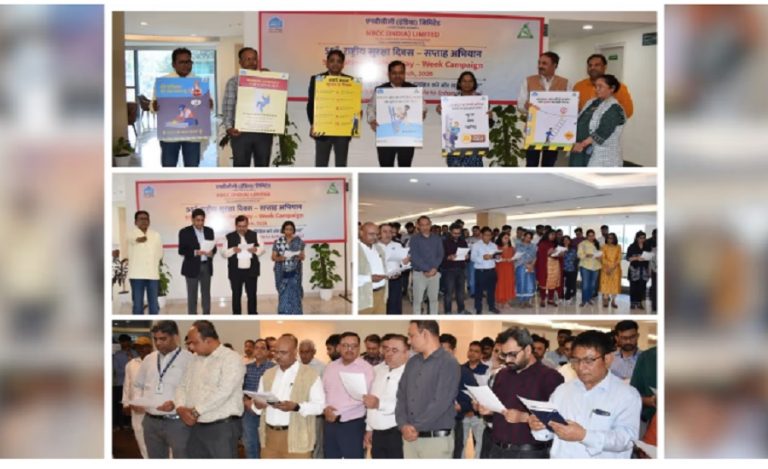Presenting Indian Masterminds’ exclusive video interview with Civil Services Expert, Abhishek Kumar who shares with us, the history of UPSC and Civil Services in the country-
Civil Servants for the East India Company used to be nominated by the Directors of the Company and thereafter trained at Haileybury College in London and then sent to India. Following Lord Macaulay’s Report of the Select Committee of the British Parliament, the concept of a merit-based modern Civil Service in India was introduced in 1854 when a Civil Service Commission was set up in 1854 in London and competitive examinations were started in 1855.
Indian Civil Services: Initially, the examinations for Indian Civil Service were conducted only in London. The maximum age was 23 years and the minimum age was 18 years. The syllabus was designed in such a way that made Indian’s selection extremely difficult.
Mr Satyendranath Tagore was the first Indian to be selected in ICS in 1864. He was the brother of noble laureate Rabindranath Tagore. Three years later four other Indians succeeded. Throughout the next 50 years, Indians petitioned for simultaneous examinations to be held in India without success.
Montagu Chelmsford reforms were implemented after the First World War in 1922 and Indian Civil Service Examination (ICS) began to be held in India – first in Allahabad and later in Delhi with the setting up of the Federal Public Service Commission.
Indian Police Services: Before independence, police officers belonged to the Indian (Imperial) Police Service appointed by the Secretary of State by competitive examination. The first open competition for the service was held in England in June, 1893, and 10 top candidates were appointed as Probationary Assistant Superintendents of Police (ASP).
Indians were allowed entry into Imperial Police after 1920 and the following year examinations for the service were conducted in England and India. Till 1931, Indians were appointed only at 20 percent of the total posts of Superintendents of Police (SP). However, because of non-availability of the suitable British candidates, more Indians were gradually appointed to the Indian Police from the year 1939 onwards.
Indian Forest Service: British Indian Government started the Imperial Forest Department in 1864 and Imperial Forest Service was constituted in 1867. Till 1885, the officers appointed to Imperial Forest Service were trained in France and Germany.
Till 1905, they were trained at Coopers Hill, London. In 1920, recruitment to the Imperial Forest Service began through direct recruitment in England and promotion from the provincial service in India. After independence, the Indian Forest Service was created in 1966 under the All India Service Act 1951.
Three-tier System: In 1887, the Aitchinson Commission divided the services into three groups- Imperial, Provincial, and Subordinate. The recruiting and controlling authority of Imperial services comprising mostly British officers was the ‘Secretary of State’.
The appointing and controlling authority for Provincial services was the respective provincial government, which framed rules for these services with the approval of the Government of India. With the passing of the Indian Act 1919, the Imperial Services headed by the Secretary of State for India, were split into two- All India Services and Central Services.
The central services were concerned with matters under the direct control of the Central Government like Central Secretariat, Railways, Indian Posts and Telegraph Service, and the Imperial Customs Service.
The Union Public Service Commission: The Royal Commission on the Superior Civil Services in India, also known as the Lee Commission, in 1924, recommended a statutory Public Service Commission as per the Government of India Act, 1919. The Public Service Commission was set up in India for the first time on October 1, 1926. It consisted of four Members in addition to the Chairman. Sir Ross Barker, a member of the Home Civil Service of the United Kingdom was the first Chairman of the Commission.
With the inauguration of the Constitution of India on January 26, 1950, the Federal Public Service Commission came to be known as the Union Public Service Commission, and the Chairman and Members of the Federal Public Service Commission became Chairman and Members of the Union Public Service Commission by virtue of Clause (1) of Article 378 of the Constitution.
Civil Services expert and YouTuber Mr Abishek Kumar in a conversation with Indian Masterminds underlines various transitions the premier services underwent over the years. How the age limit was increased from 23 in the British era to 42 years at present for certain categories and the number of attempts too went up from two in the pre-Independence times to the present limit of six for general candidates, nine for the OBCs and unlimited for Scheduled Castes and Scheduled Tribes.

